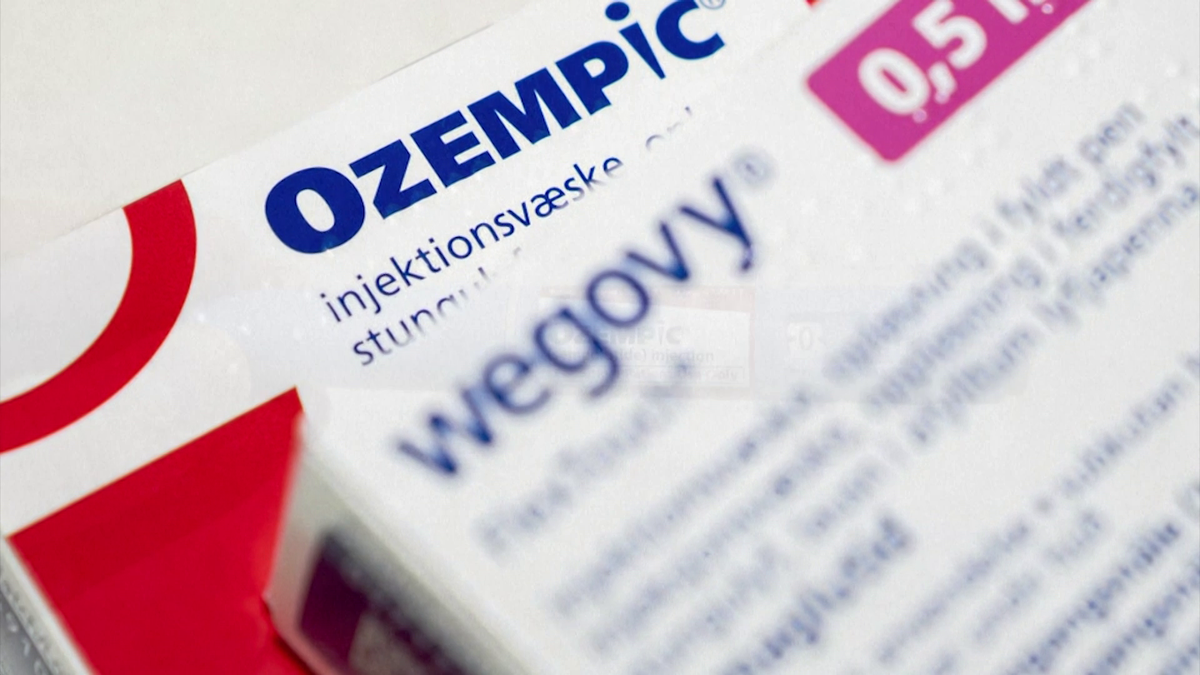Patients and doctors are bracing as some major insurers get ready to roll out changes to coverage for popular weight loss drugs in Massachusetts. In January, companies including Blue Cross Blue Shield and Mass General Brigham Health Plan are expected to end coverage for Wegovy and Zepbound. Those drugs are specifically designed to treat people with obesity. Coverage for diabetes drugs Ozempic and Mounjaro will not be affected. Doctors say this means patients taking Wegovy and Zepbound could face charges of up to $499 a month rather than standard copays. “We have many patients who are going to be struggling come the new year to continue on their GLP-1s,” said Dr. Caroline Apovian, co-director of the Center for Weight Loss Management and Wellness at Brigham and Women’s Hospital.But Apovian says there are things patients can do right now to prepare. “Try to get your doctor to help you figure out how to cover these, how to afford these medications,” she said. “There are ways of doing it. You can take the medication every two weeks, so that will reduce the price by half.”Apovian said doctors can also work with patients to lower the dose of their weight loss drugs and supplement with other medications. She is concerned that patients who are seeing success on these drugs will gain the pounds back if they stop taking them. She’s hopeful that there will be a solution before January. “Maybe insurance companies will get the notice that these are drugs that are changing health benefits for patients, and you should not stop them,” Apovian said.
BOSTON —
Patients and doctors are bracing as some major insurers get ready to roll out changes to coverage for popular weight loss drugs in Massachusetts.
In January, companies including Blue Cross Blue Shield and Mass General Brigham Health Plan are expected to end coverage for Wegovy and Zepbound.
Those drugs are specifically designed to treat people with obesity. Coverage for diabetes drugs Ozempic and Mounjaro will not be affected.
Doctors say this means patients taking Wegovy and Zepbound could face charges of up to $499 a month rather than standard copays.
“We have many patients who are going to be struggling come the new year to continue on their GLP-1s,” said Dr. Caroline Apovian, co-director of the Center for Weight Loss Management and Wellness at Brigham and Women’s Hospital.
But Apovian says there are things patients can do right now to prepare.
“Try to get your doctor to help you figure out how to cover these, how to afford these medications,” she said. “There are ways of doing it. You can take the medication every two weeks, so that will reduce the price by half.”
Apovian said doctors can also work with patients to lower the dose of their weight loss drugs and supplement with other medications.
She is concerned that patients who are seeing success on these drugs will gain the pounds back if they stop taking them. She’s hopeful that there will be a solution before January.
“Maybe insurance companies will get the notice that these are drugs that are changing health benefits for patients, and you should not stop them,” Apovian said.
